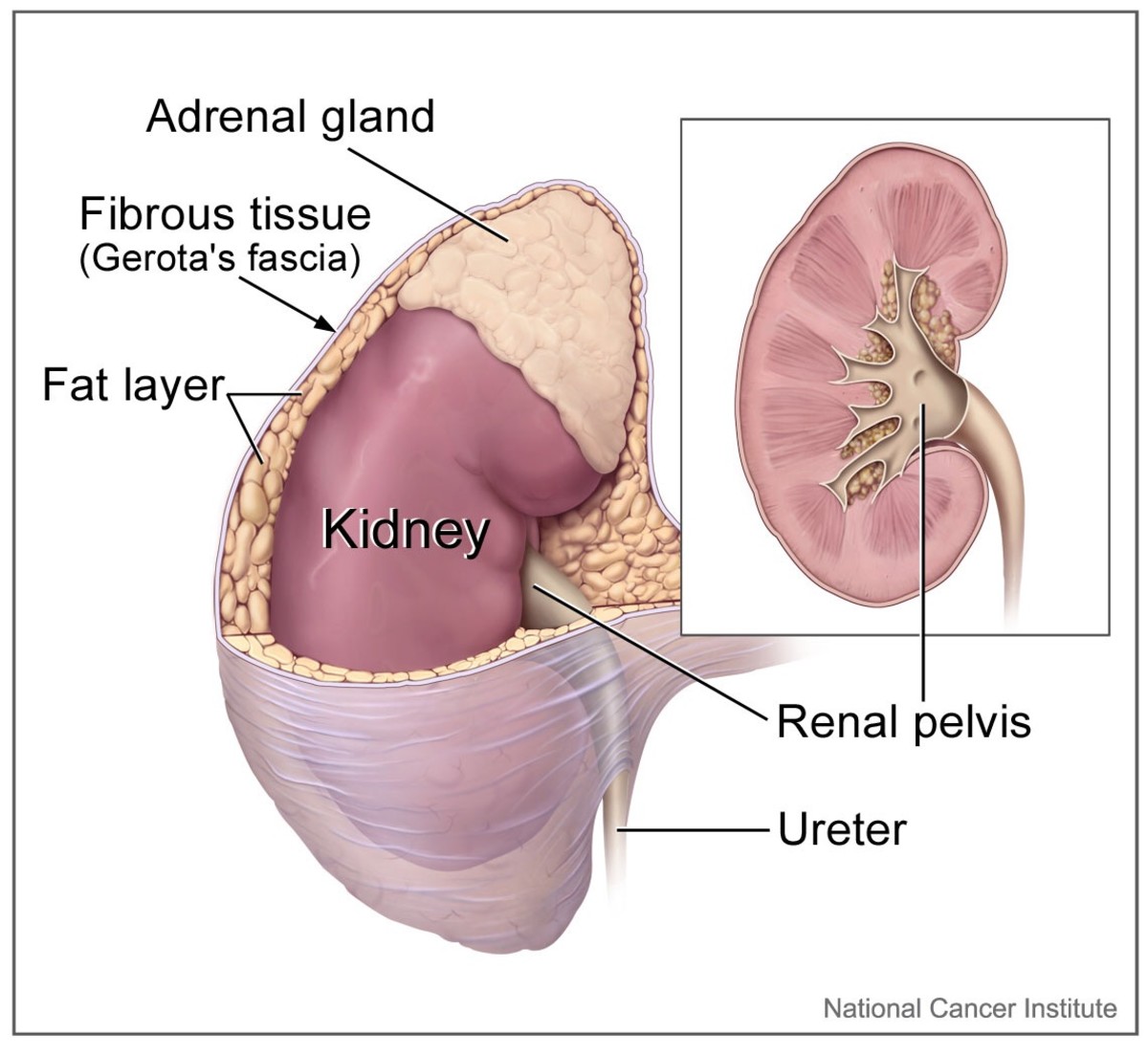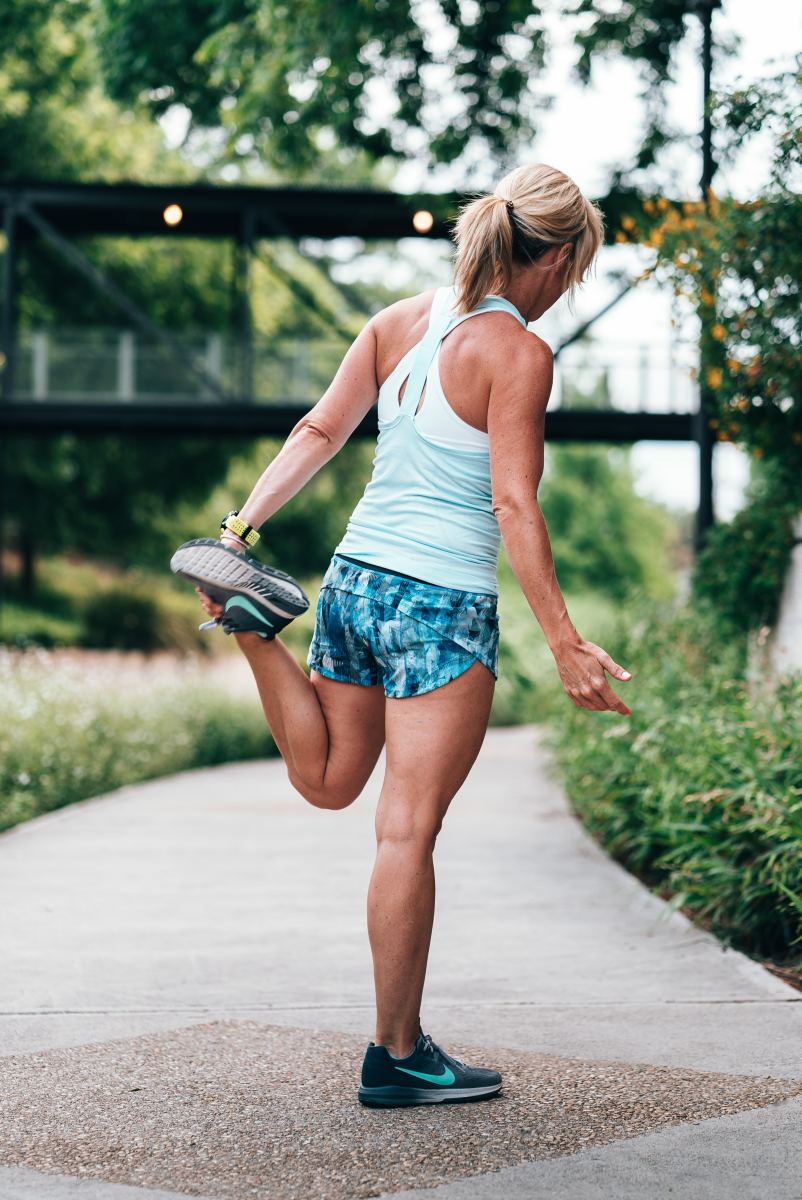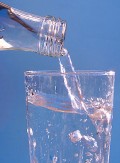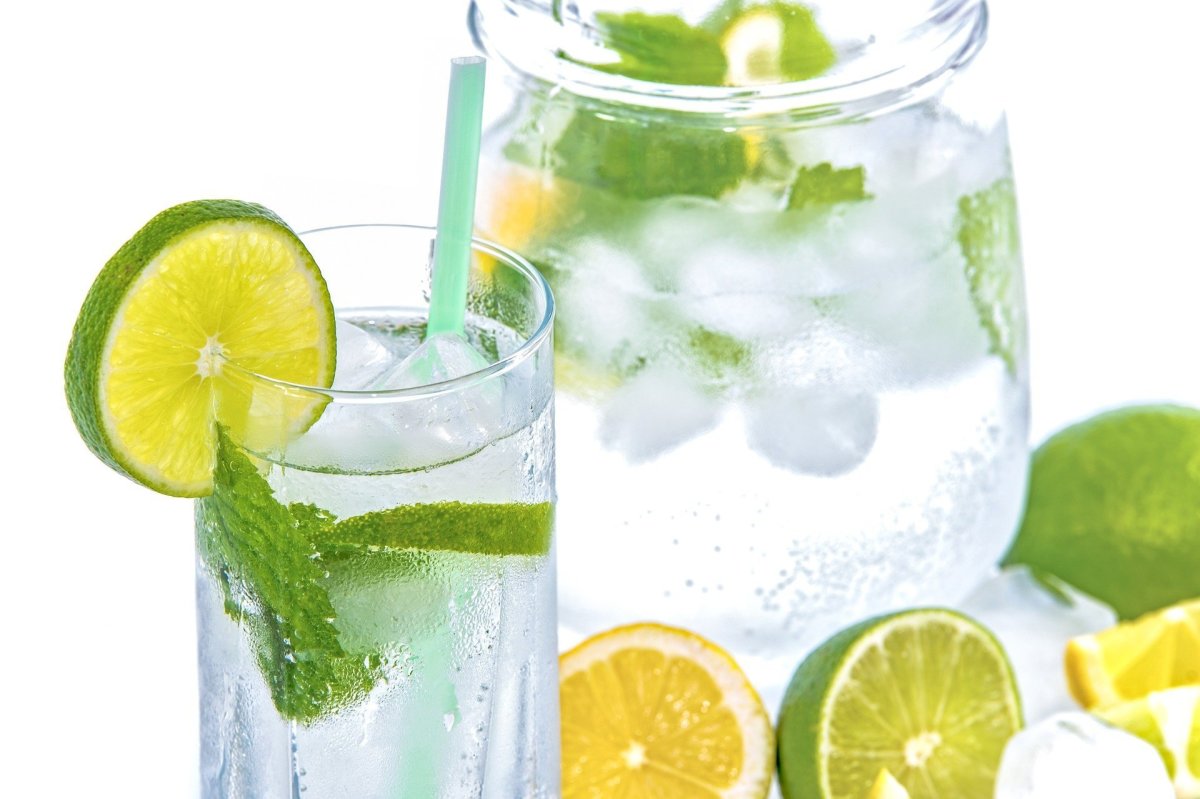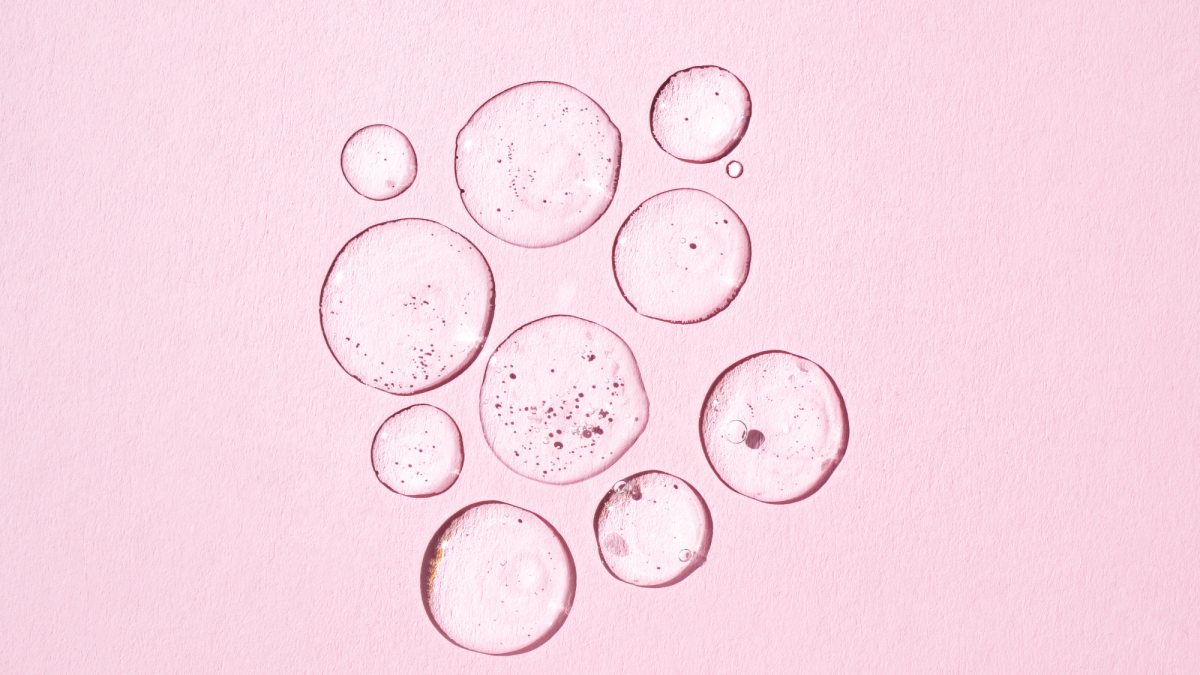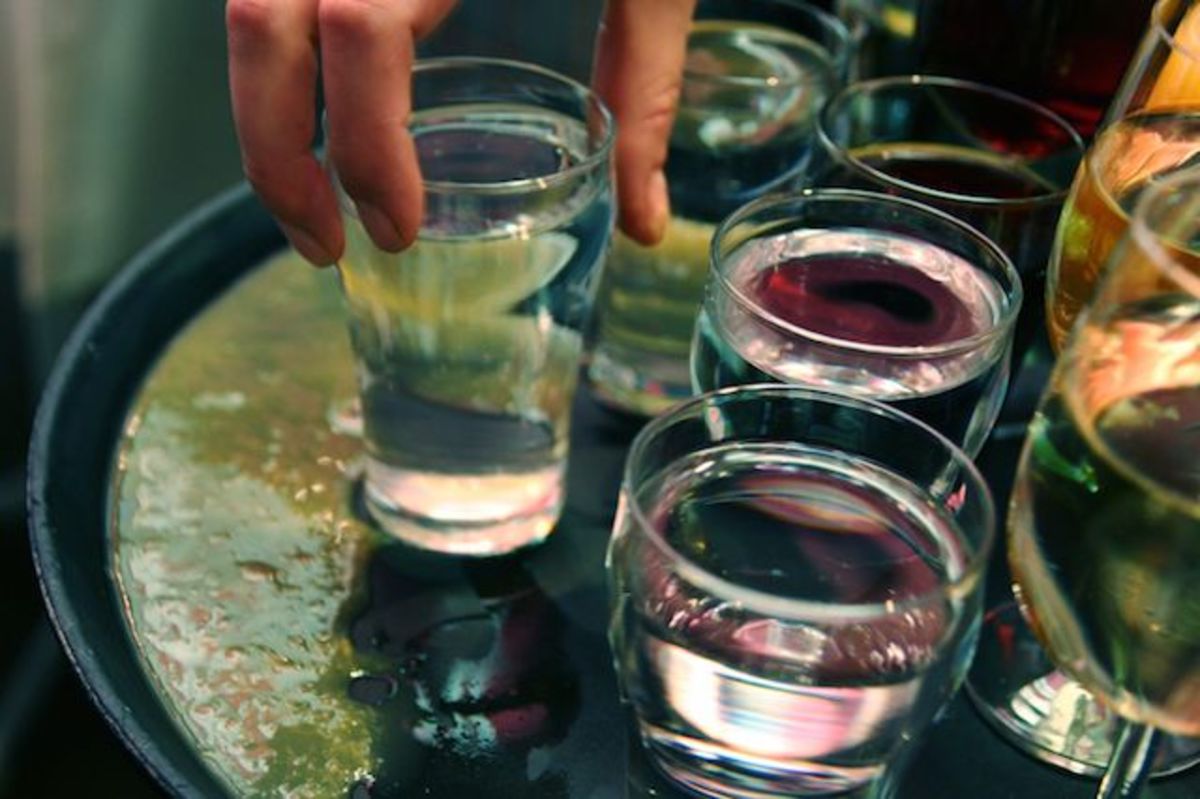The Power of Water (Against the Heat)
The power of water (against the heat)
With the hot climate the risk of dehydration rises, especially for the most fragile people. To avoid ailments, the right amount of liquids must be introduced, which varies according to age and activities. And choose the type of mineral that best suits your characteristics.
Drink a lot
The African anticyclone brought the heat and the mercury steadily above thirty degrees practically throughout the peninsula. It is still too early to say whether the summer of 2019 will be remembered as one of the hottest in recent years, but it is certainly already clear that it is necessary to face it with the right "tools": use, whenever possible, air conditioners to reduce the temperature of homes and workplaces and maintain a sufficient level of hydration. That it is important for health to drink adequately, doctors have long advised, but the recommendation is all the more necessary when the loss of fluids through sweat increases. "We forget that our body is made up of 60 percent water - remembers Andrea Fabbri, professor of endocrinology at the University of Rome Tor Vergata - and that a 2 percent reduction is enough to see the first signs of dehydration".
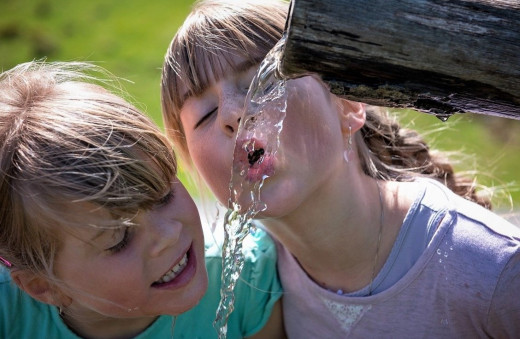
Dry skin and cramps
A whole series of annoyances that we tend to attribute generically to the heat and ranging from the feeling of fatigue to constipation, from the difficulty of concentrating on work to the increased dryness of the skin and mucous membranes to muscle cramps, could be reduced with an adequate intake of liquids.
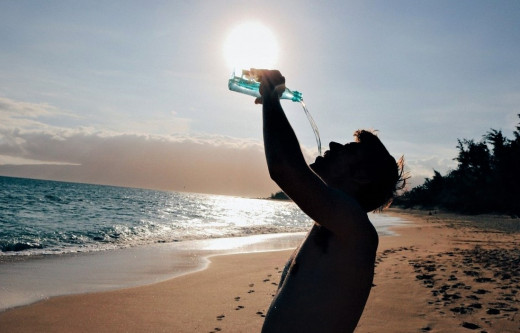
Eight glasses a day
Drink yes, but how much? "We usually say eight glasses of 200 ml per day - says Fabbri -, but there are variables related to sex, body size, type of activity and age". If 1.5 litres a day can be enough for those who work in an air-conditioned office, it is clear that much more is needed for those who move outdoors or practice a lot of sports. But how do you know if you risk dehydration? The "spy" is the colour of urine: when it is a little darker it means that the body needs water. The elderly deserve a separate discussion: the older they get, the more the physiological stimulus of thirst is reduced. "The brain is a" sponge "- Fabbri recalls - it is no coincidence that the elderly person who arrives at the hospital confused is immediately given a drip to rehydrate him". Dehydration is particularly insidious in people with cognitive pathologies (they literally forget to drink) or undergoing therapy: in fact, water is also the "vehicle" that allows drugs to reach their destination in the body.
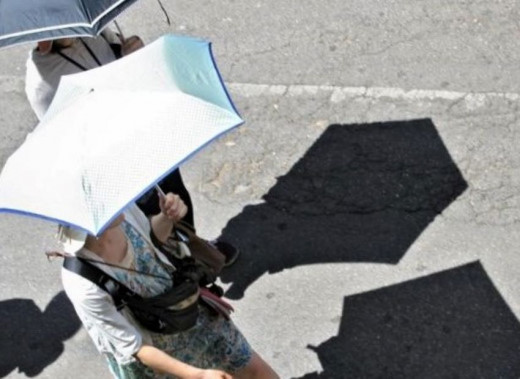
Sodium and potassium
However, the need to hydrate must not become an alibi for drinking everything without limits. "The body mainly needs water to restore the sodium and potassium levels lost with sweating - recalls Professor Fabbri - even if foods such as milk, fruit and vegetables contribute to hydration". In other words, if there is the green light for the mineral bottle, the same cannot be said for tea and energizing drinks, juices and soft drinks, whose content of exciting substances (theine, caffeine) and above all of the sugars must be "calculated" to get the daily calorie balance back. The habit of sipping "still" water during the day, on the other hand, becomes useful when you are overweight or want to control your diet. One of the effects of dehydration, in fact, is confusing the feeling of hunger and thirst that can lead to frequent snacking.
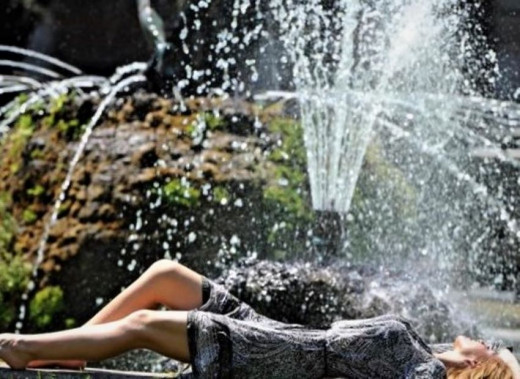
No to frozen water
If there are no particular differences, apart from individual tastes, for still or sparkling mineral water, the same cannot be said for the temperature. Especially when the thermometer rises, it is not a good idea to drink ice water because a vasoconstriction mechanism is produced (in practice, the blood vessels narrow) that alters the flow of blood to the stomach with effects on digestion, up to causing congestion. Other good reasons to prefer mineral water at room temperature or cool is to avoid throat irritation and headaches, which frozen liquids can trigger, more or less as happens with fresh air in winter.
You may be interested to read
- Cherry Cheesecake-Quick and Easy-Special Food
Today I offer you a fresh and delicious Cherry Cheesecake that is prepared in a few simple steps and that everyone will really like! - Puff Pastry Peach Pie-Quick and Easy-Special Food
The Puff Pastry Peach Pie is an easy and quick dessert to make, ideal for a snack or breakfast during the summer. It is really... - Easy orechchiette pasta with homemade tomato sauce by special food - YouTube
in this video we prepare orechchiette pasta with tomato sauce. ingredients: orechchiette pasta, tomato, olive oil, garlic, onion, chili powder, paper. how to...
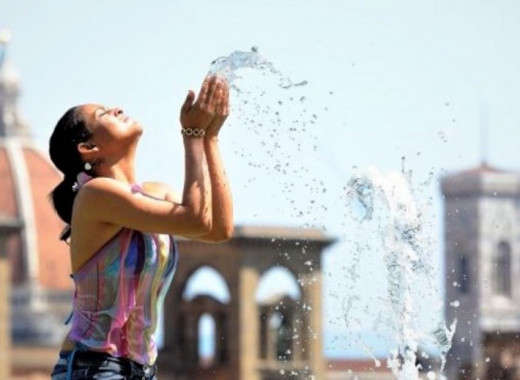
Loss of minerals
How to orient yourself among the labels? «In summer, to compensate for the loss of minerals, low-mineral and moderately mineralized waters are recommended, those with a higher fixed residue» specifies Andrea Fabbri. To counteract the negative effects of heat, waters rich in magnesium (those with values around 50 milligrams per litre) are also useful, which help to counteract stress and improve the muscular system. Waters with a higher sodium content are useful for compensating for drops in pressure, but less indicated in the elderly with hypertension. For sportsmen and those who do a lot of outdoor activities and therefore need to replenish salts and counteract lactic acidosis, water rich in bicarbonate can be useful. To keep bones healthy, you can choose calcium waters, which have a mineral percentage higher than 150 mg / l. "They help children in their growing age and women after menopause - remembers Fabbri -. Among other things, absorption through water is more gradual and easier than with a calcium tablet ".
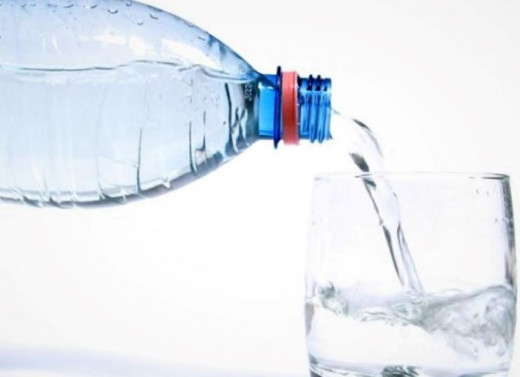
© 2020 special food

